- App Platform
- Pricing
- References
-
Apps as a Service
-
Mobile App as a Service
Get a tailored app done for you
-
 Convert website into app
Convert website into appGet an app prototype in 2 minutes
-
Contest Voting App
Boost your voting contest with an app
-
Pageant Voting System
Create a flashy app for your pageant
-
Fan engagement app
Grow your fan engagement with an app
-
News app
Grow engagement with your readers
-
Event app
Engage your attendees
-
 TV Show app
TV Show appGrow interactions with your viewers
-
- Resources
- Work With Us
Choicely
Sports Event App
Boost fan engagement at sporting events with a tailored fan app. Launch your app at a fraction of the time and cost with a modern No Code App Builder.
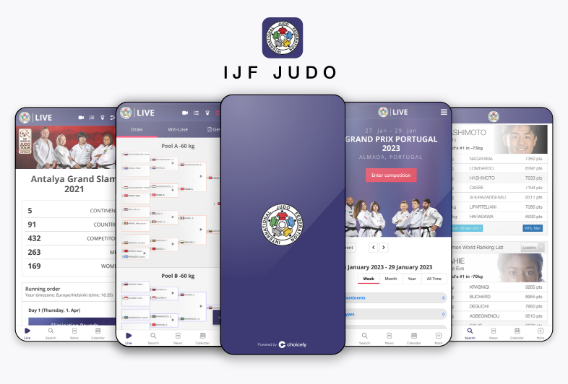
Learn more about No Code Sports Apps
Learn how to grow your digital fan engagement and revenue with No Code apps.
Download our eBook!
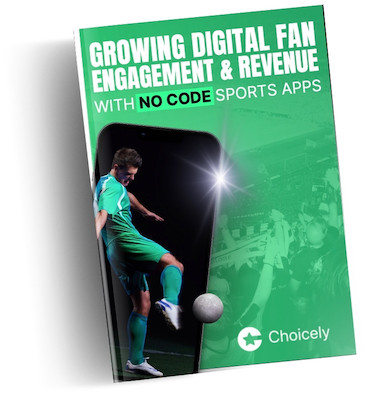
Enhance the fan experience at your events
A Sports Event App is the easiest way for fans to receive information at sporting events.
They can follow real-time statistics, a live video feed, and content on teams, players, venues and more on their phone.
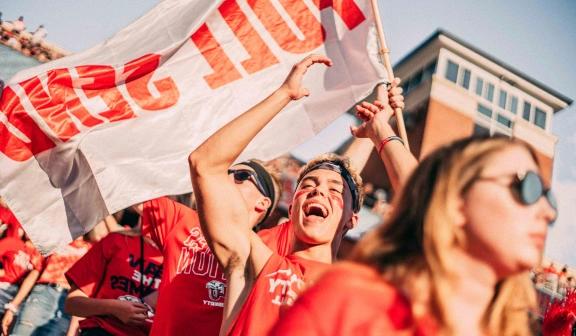
An adaptable mobile app platform to build on
Get your app live in weeks rather than months thanks to our no code app builder.
Use our tool to manage and update your app. Updating the apps with Choicely is easy, fast and free.
Choicely's platform and the apps are developed and maintained constantly, which makes them great long-term investments.
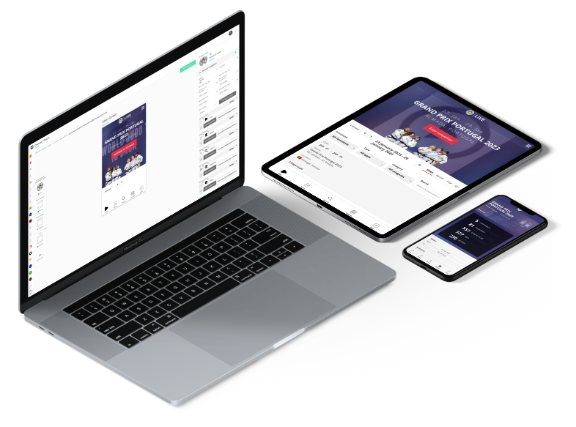
Engage fans during and between events
Engage your fans with interactive features like ratings or votes.
Listen to your fanbase with surveys and polls.
Centralize all content to the app: from news to player bios and statistics.
Automate the content feeds from your website and social media to your app.
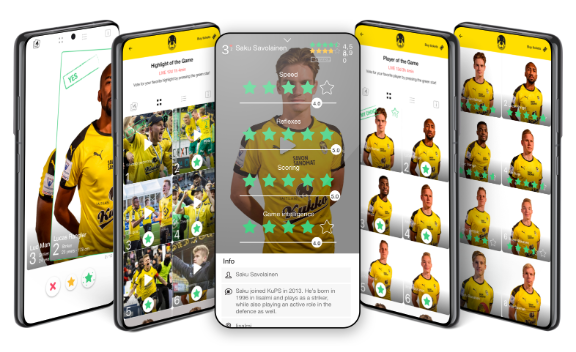
Grow your revenue
Monetize your fanbase with ticket and merchandise sales.
Grow the value of sponsorships and sell ad space through your app.
Explore other monetization opportunities like in-app purchases, paid votes, and subscriptions.
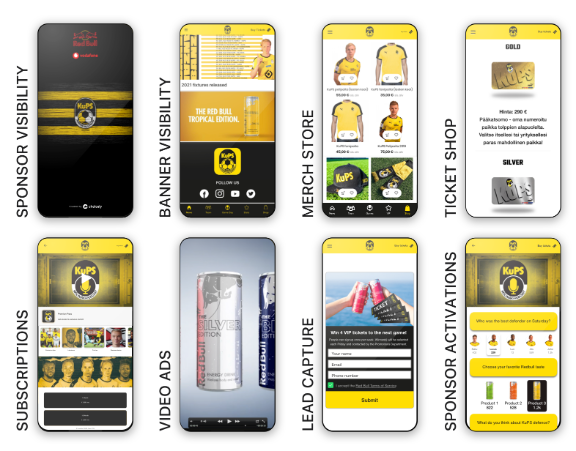
Build your Sports Event app with Choicely
Try Choicely for free, and create your app using one of our templates. Pay only when you're all set to publish your app!
Estimate my monthly fee
Note: this is an indicative price that's based on self-service model. Tailored apps are priced based on your needs.
Up To 500 users
499 € / month
Self-service plan pricing starts up to 500 monthly active users. Select your expected scale to calculate your price. If you're planning to host more than 100.000 monthly active users, connect with us to customize your plan and learn more about our priority support.
Quoted price applies when staying withing the plan's maximum monthly active users. The pricing is based on the highest monthly active users even on your account. No Worries, this means you have done something right and your business is growing!
Success stories with Sports Event Apps
Learn more about our customers' apps, experiences and results.
International Judo Federation: a blueprint for a modern sports app
A highly automated app built around IJF’s existing technologies. This app engages its users around the year but especially during tournaments.
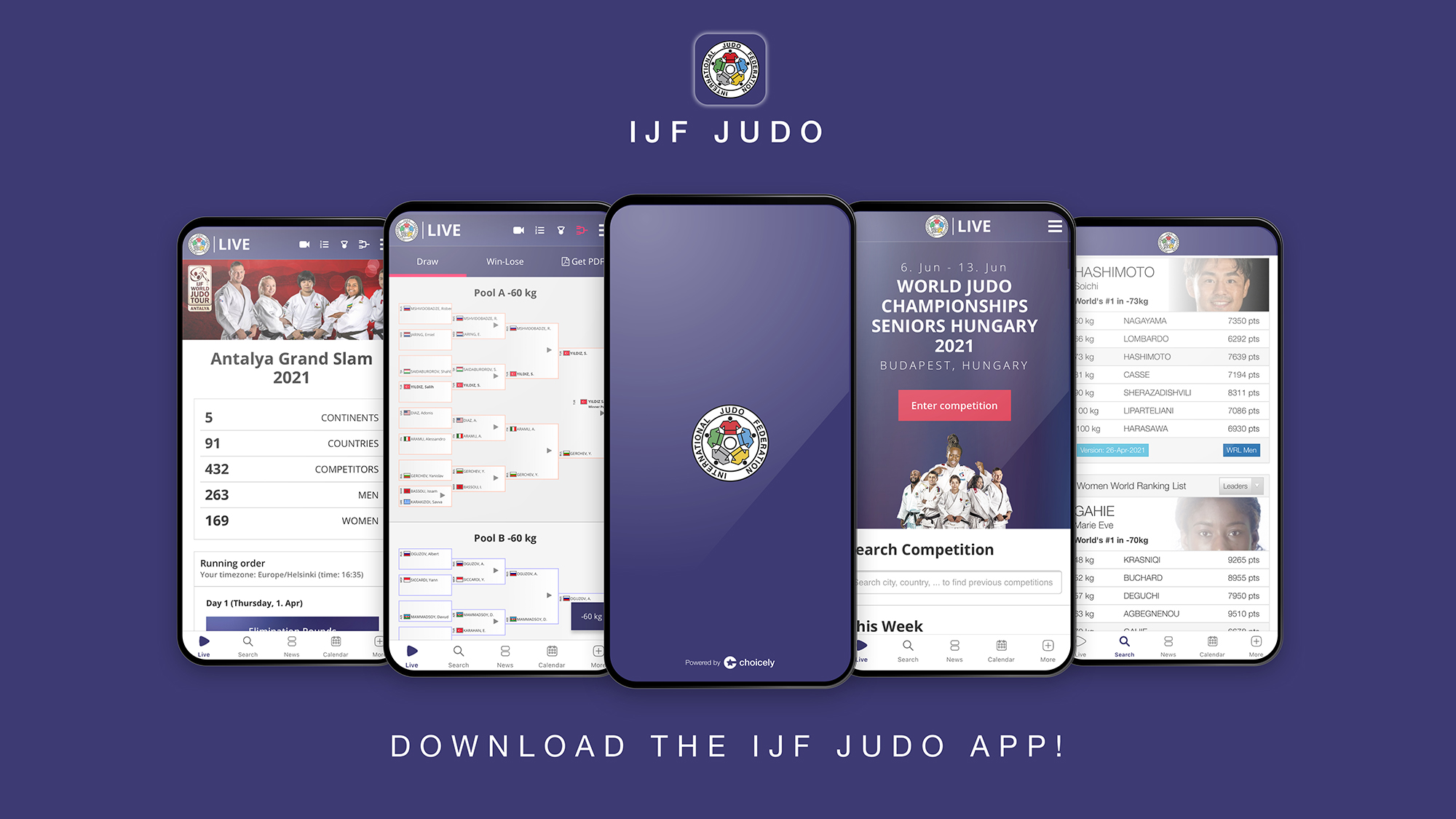
Helsinki Cup: 97% of tournament visitors using the app
Helsinki Cup is the largest junior football tournament in the Nordics. Their journey with Choicely's apps has been a true success story.
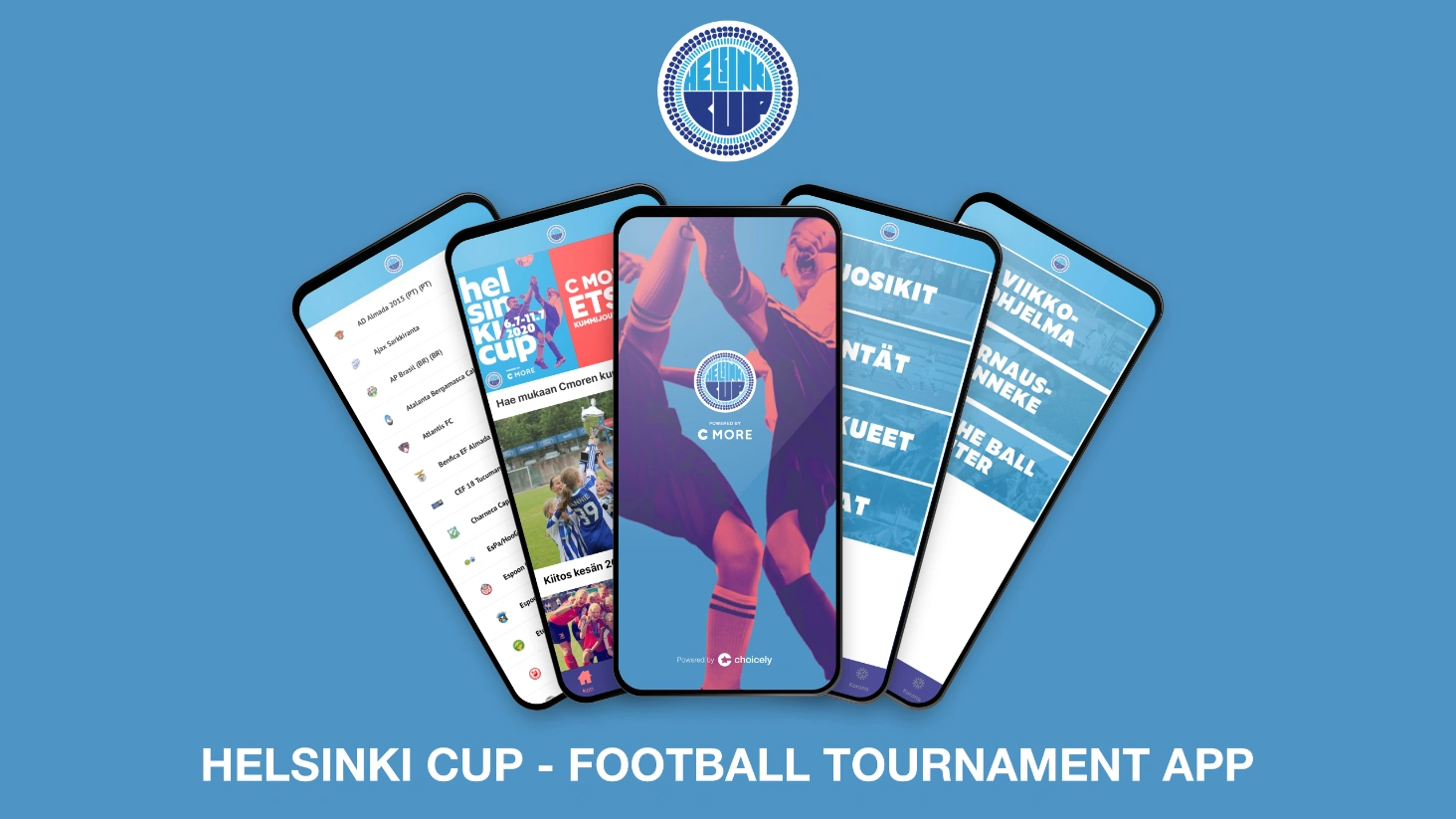
Get started
Get a high-quality app built to match your needs. Make changes on the fly with our app builder.
Fill in your contact details and needs, and let’s get started!
